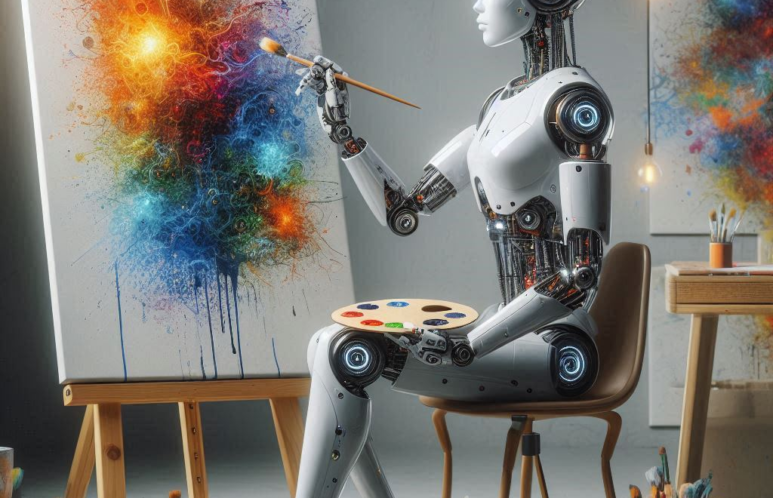Artificial intelligence (AI) is reshaping the landscape of education by offering personalized learning experiences, enhancing administrative efficiency, and supporting educators in delivering tailored instruction. AI-powered adaptive learning platforms analyze student data to identify learning patterns and preferences, enabling educators to customize lesson plans and interventions accordingly. Virtual tutors and chatbots provide real-time support, enhancing student engagement and retention.
However, integrating AI into education comes with challenges. Concerns about data privacy, algorithm bias, and equitable access to technology must be addressed to ensure fair and inclusive learning environments. Educators and policymakers are exploring ethical guidelines and regulatory frameworks to govern AI use in educational settings responsibly.
Looking ahead, AI holds the potential to democratize access to quality education globally, bridging gaps in learning outcomes and supporting lifelong learning initiatives. As technology continues to evolve, collaboration between educators, researchers, and technology developers will be essential in harnessing AI’s full potential in education. By leveraging AI to personalize learning experiences, optimize administrative tasks, and foster innovation in teaching methods, we can create a more adaptive and inclusive educational ecosystem for future generations.
These articles cover a range of topics from social media’s impact on mental health to sustainable energy innovations and the transformative role of AI in education. Let me know if you need more information or have any other topics in mind!

